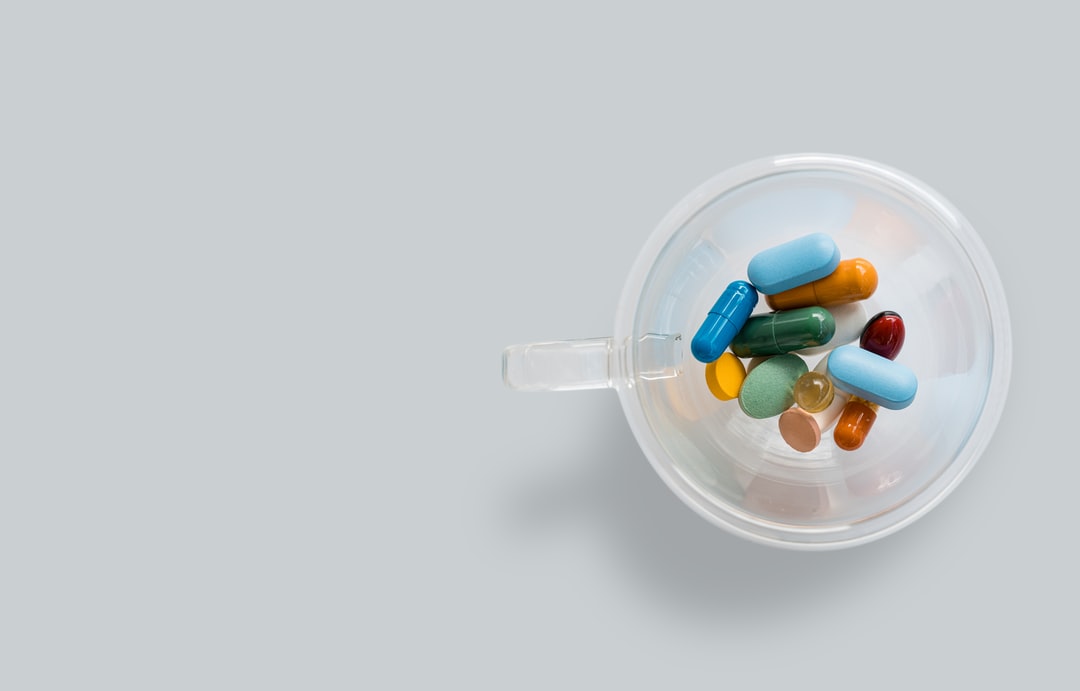It’s understandable that many of us are worrying more about our health and wellness of late. The experience of living through a global pandemic for the last two years has affected all of us, and it makes sense to think about whether or not you could do more to take care of yourself. Getting the vitamins and nutrients you need is essential for a number of reasons, but one thing many people wonder is what role they can play in protecting your body from illness. If you want to learn more, keep reading to find out if vitamins can aid in disease prevention.
Can vitamins aid disease prevention?

The biggest factor in disease prevention is your immune system, so it makes sense that providing your body with immune support in the form of vitamins would be beneficial for avoiding many common illnesses. If helping people find ways to avoid disease is something that you’re interested in, you may want to consider pursuing a bachelors of science in public health. Being able to communicate effectively about complex topics like medicine is an in-demand skill, and the country needs people who are passionate about protecting the health of the population in important fields like biostatistics, environmental public health, epidemiology, and global health.
If you’re looking for quality products to incorporate into your daily routine, you should consider Pure Encapsulations vitamins. They come in a variety of formulations including capsules, softgels, and gummies, so you can choose whatever you prefer. The O.N.E. multivitamin, which blends hundreds of essential nutrients into one daily vitamin that can give your body what it needs, is one of their most popular products. Their magnesium capsules are another bestseller, which can help promote natural energy and assist your metabolism.
It’s always a good idea to check in with your health care provider before adding new supplements to your regimen. Your doctor can tell you more about how specific products may affect any health conditions you have or interact with the prescription medications you’re taking. They may also be able to provide you with more information on potential vitamin deficiencies that you should work on addressing.
What else can you do to support your immune system?

Getting enough sleep at night is one of the most important things you can do to protect your immune system and your overall wellness. Many people aren’t aware of the serious side effects that can be associated with sleep deprivation, but it can negatively affect your health in a variety of ways. Sleep deprivation can cause memory issues, mood changes, and high blood pressure, and increase your risk of developing heart disease, in addition to weakening your immune system. If your goal is disease prevention, you should make it a priority to get plenty of sleep at night.
Another issue that can affect your immune system is stress, though it can be more difficult to figure out how to manage. Chronic stress can affect your immune system’s ability to respond to the hormonal cues that indicate the end of an inflammatory attack connected to infection or injury. The interference in the body’s process is believed to suggest that stress can increase your risk of developing a variety of conditions including heart, allergic, and immune diseases.
As you can see, there’s a lot to learn about vitamins and the role they play in supporting your immune health. Everyone is different, so it’s important to work in consultation with your doctor when creating your day-to-day routine, but it can be extremely beneficial to incorporate more essential vitamins and nutrients into your diet. No matter what vitamins you decide to add to your regimen, you should always take the time to find trustworthy and high-quality products. There are few things that are more worth investing in than your health and wellness.

Leave a Reply